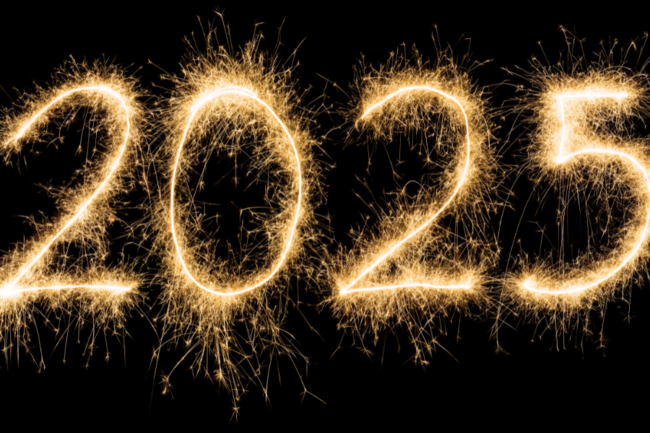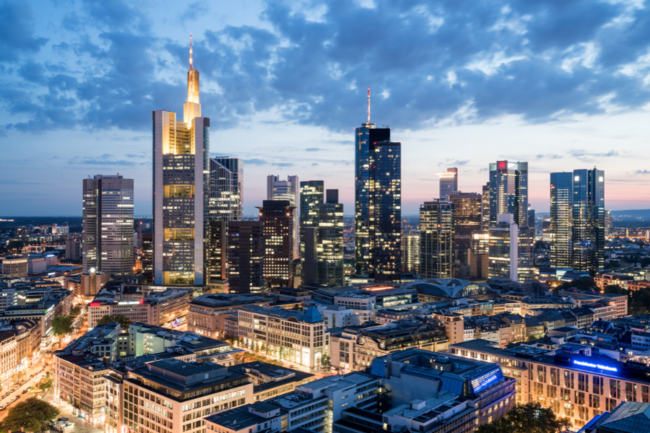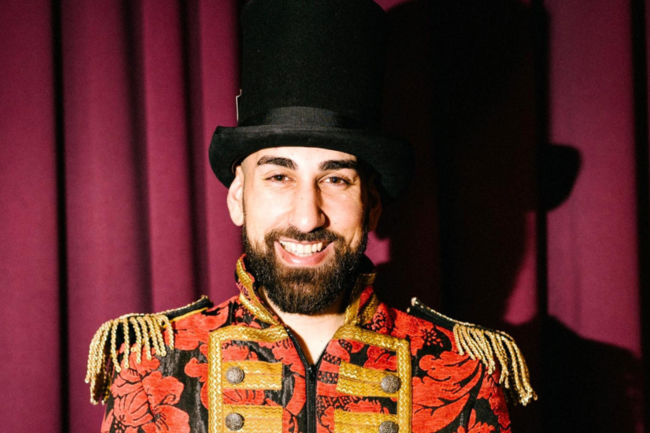When we can visit the zoo again is still unclear. What is certain, however, is that the Frankfurt Zoo is already making plans for the future, even during the lockdown. This concerns not only a future hygiene concept, with which the zoo visit will hopefully soon be possible again. Plans are also being made for the expansion of nature and species conservation, where everyone who visits the zoo can now make their own small, voluntary contribution, of course. This will be possible in the form of the Nature Conservation Euro. This is an earmarked donation when purchasing tickets, which will be applied to help the zoo animals' free-living conspecifics.
This is also intended to illustrate once again that modern, scientifically managed zoological gardens are far more than leisure facilities - they are powerful centres for nature and species conservation. In-depth knowledge of the keeping and breeding of a wide variety of animal species is only one of their strengths. Great potential also lies in their worldwide networking and intensive cooperation with scientific institutions and nature conservation organisations on all continents. With the enormous number of visitors and the diverse educational offers, zoos are above all important multipliers for environmental and nature conservation topics. However, in order to not only impart knowledge but also to generate financial resources for concrete conservation activities, zoos have developed a number of initiatives. In recent years and months, for example, a steadily growing number of German zoos have already established a nature or species conservation euro on a voluntary basis, such as the zoos of Leipzig, Dresden, Karlsruhe, Stuttgart, Augsburg, Marlow, Heidelberg and Rostock.
"Following the example of other zoos, the voluntary nature conservation euro will also be introduced at Frankfurt Zoo from 1 March," explains head of culture Ina Hartwig. "All zoo visitors will then be able to make their visit even more valuable by opting for the Nature Conservation Euro at the ticket office or in the zoo's online shop. With this voluntary donation, it is possible to combine every visit with your own small contribution to the preservation of the endangered habitats of the animals shown at the zoo. And this, as the pandemic has made very clear to us in recent months, is more necessary than ever," says Hartwig. "Supporting the six projects the zoo has chosen to sponsor is far more than a drop in the bucket: at Frankfurt Zoo alone - in normal years - well over 800,000 guests will be able to make a big difference with the Nature Protection Euro and thus take responsibility together with us, the city of Frankfurt."
"Zoos reach people and people want to help," says zoo director Miguel Casares. He adds, "This is reflected in the great willingness to support zoos in their work with a contribution. Most people are now aware that there is more to life behind the zoo! We can only solve the global problems of the present together. If we preserve the wild conspecifics of our zoo animals and their habitats, then we also preserve our own livelihood; this requires the support of many people."
The Frankfurt Nature Conservation Euro will support six selected projects in Germany and abroad. The goal: to preserve habitats and biodiversity. The money is used, for example, to train rangers and equip them for their work, to finance on-site information and education measures, to carry out ecological monitoring and to operate rescue stations and reintroduction centres.
Frankfurt Zoo will support these six projects with funds from the voluntary nature conservation euro
.
- Biodiversity in Manu National Park, Peru
The Manu National Park in southeastern Peru is one of the most biodiverse regions anywhere. It stretches from the Amazon rainforest to the Andes, where the spectacled bear lives.
Project partner: Frankfurt Zoological Society
- Humboldt penguins in Chile and Peru
For wild Humboldt penguins to survive, their breeding colonies and marine feeding grounds must be preserved. At the same time, sustainable job opportunities will be created for people in the region.
Project partners: Association Sphenisco - Protection of the Humboldt Penguin
- Honey bees and insects in Hesse
For wild bee swarms there are hardly any natural dwellings and nesting sites left. Improving that benefits not only the industrious pollinators, but the entire ecosystem.
Project Partners: The Bee Embassy
- Natural Forest Development in the Wispertaunus, Hesse
The biodiversity in German forests needs an association of natural forests so that threatened and rare species can continue to live in this country.
Project partner: Frankfurt Zoological Society
- Conservation of the Serengeti in Tanzania
The Serengeti National Park is a World Heritage Site. It is home to black rhinos, which have only been saved from extinction by the efforts of conservationists. Their protection and that of many other species must be ensured in the future.
Project partners: Frankfurt Zoological Society
- Bukit Tigapuluh Conservation Program on Sumatra, Indonesia
In the lowland rainforest on Sumatra, large-scale clearing threatens the existence of many species. In the Bukit Tigapuluh National Park, they are to be protected.
Project partner: Frankfurt Zoological Society
For more information on the projects and the zoo's project partners, visit http://www.zoo-frankfurt.de
How the voluntary nature conservation euro
works.The Conservation Euro is a voluntary, earmarked donation that visitors can give when buying tickets for adults, families, groups and when buying annual passes for adults and families.
Those who do not wish to pay the Conservation Euro can indicate this at the Zoo box office before purchasing tickets. The fee will then not be charged.
You can also choose to pay the Conservation Euro when buying tickets from the zoo's online shop.
Help that arrives
The Nature Conservation Euro goes 100 percent to the six selected projects that Frankfurt Zoo supports in the long term. There are no deductions for administrative costs.












